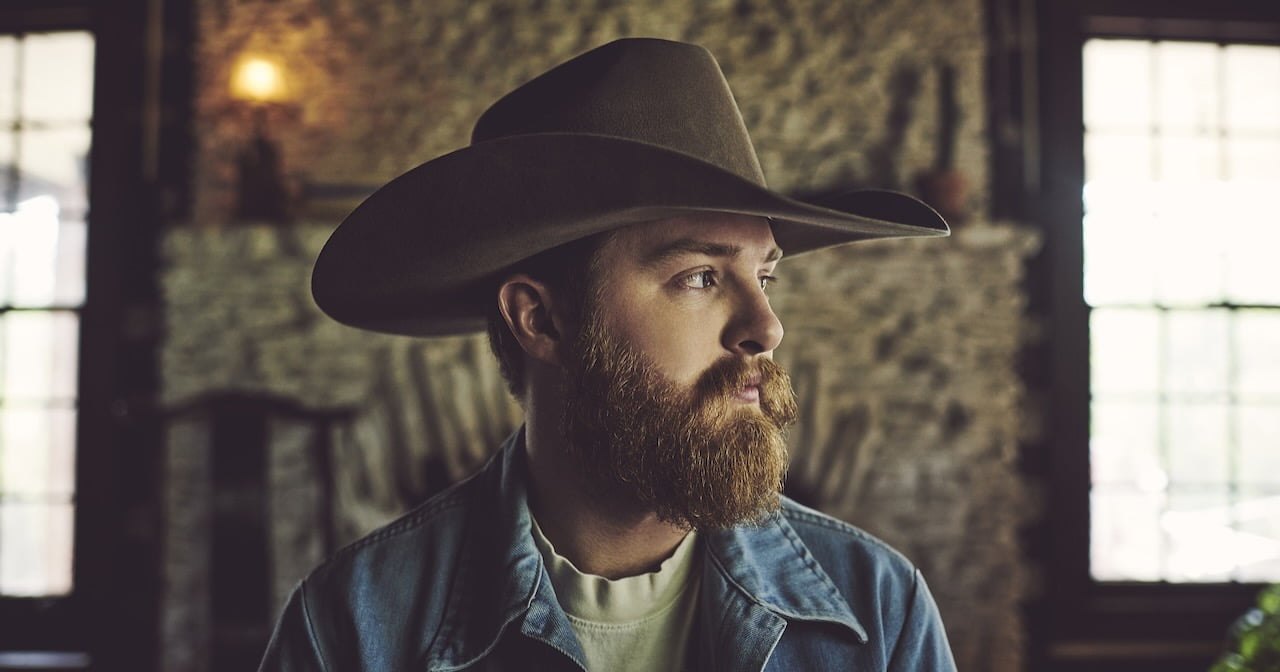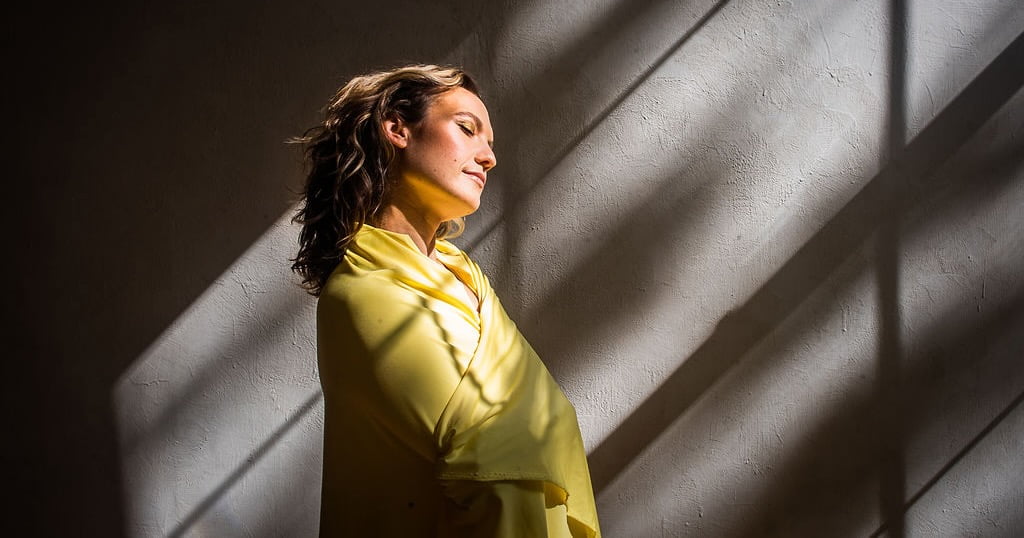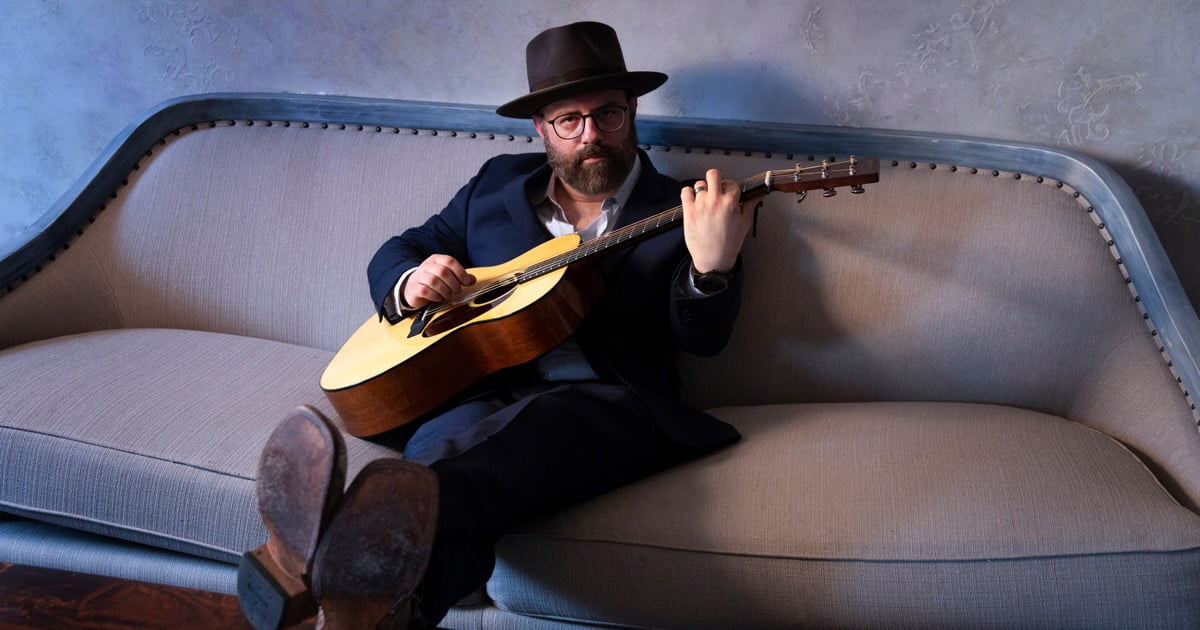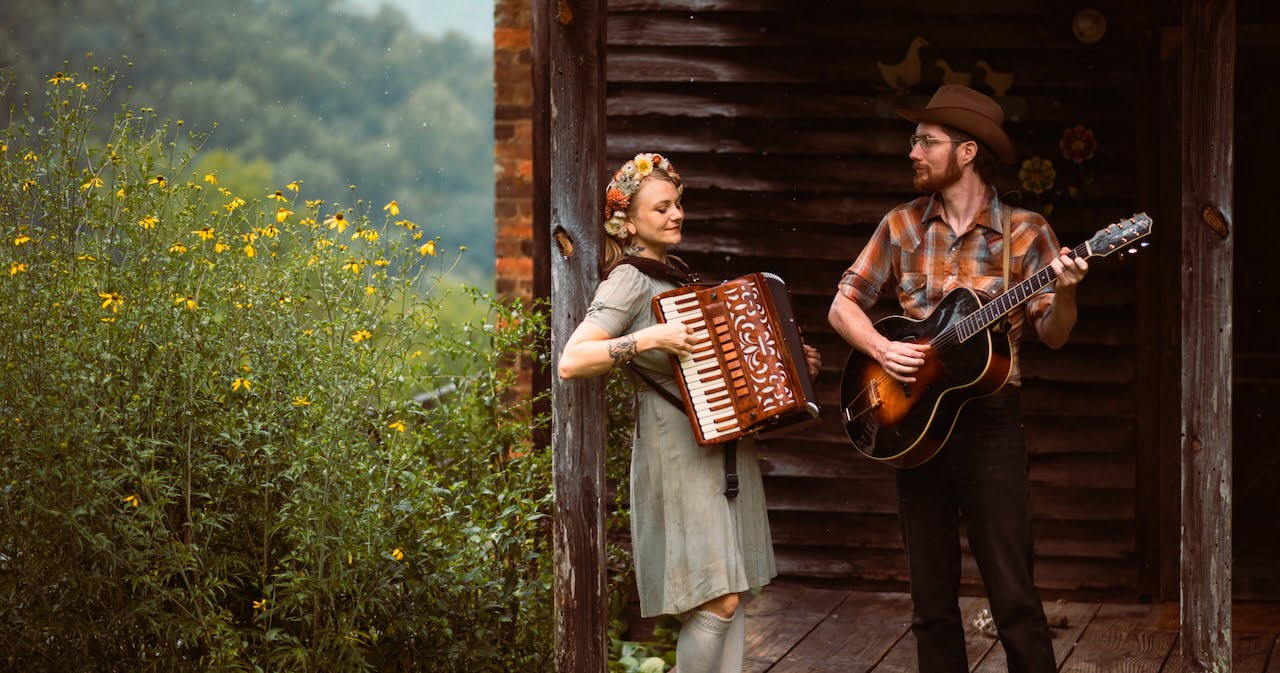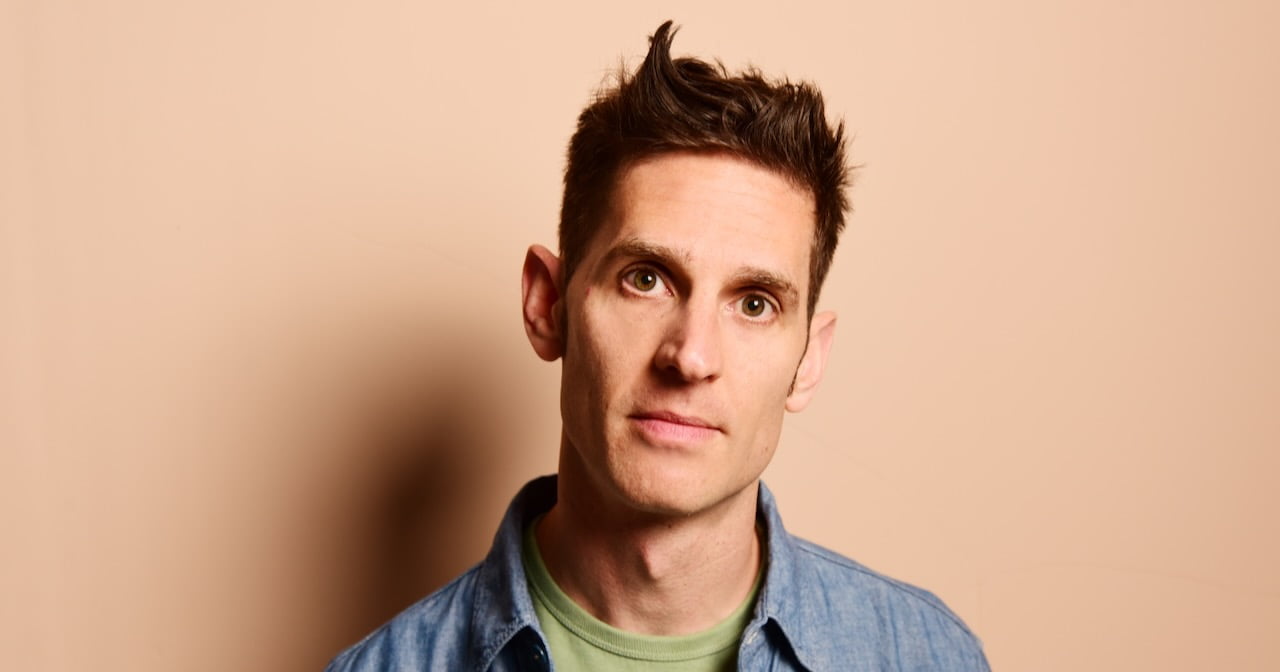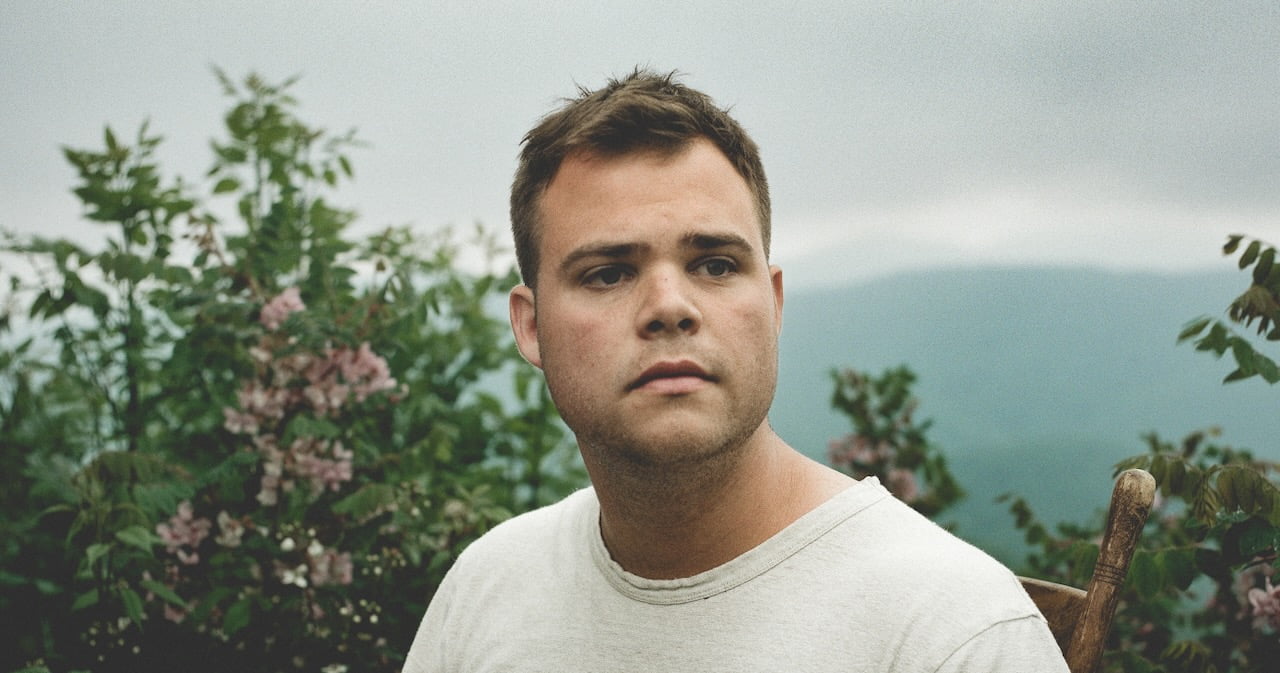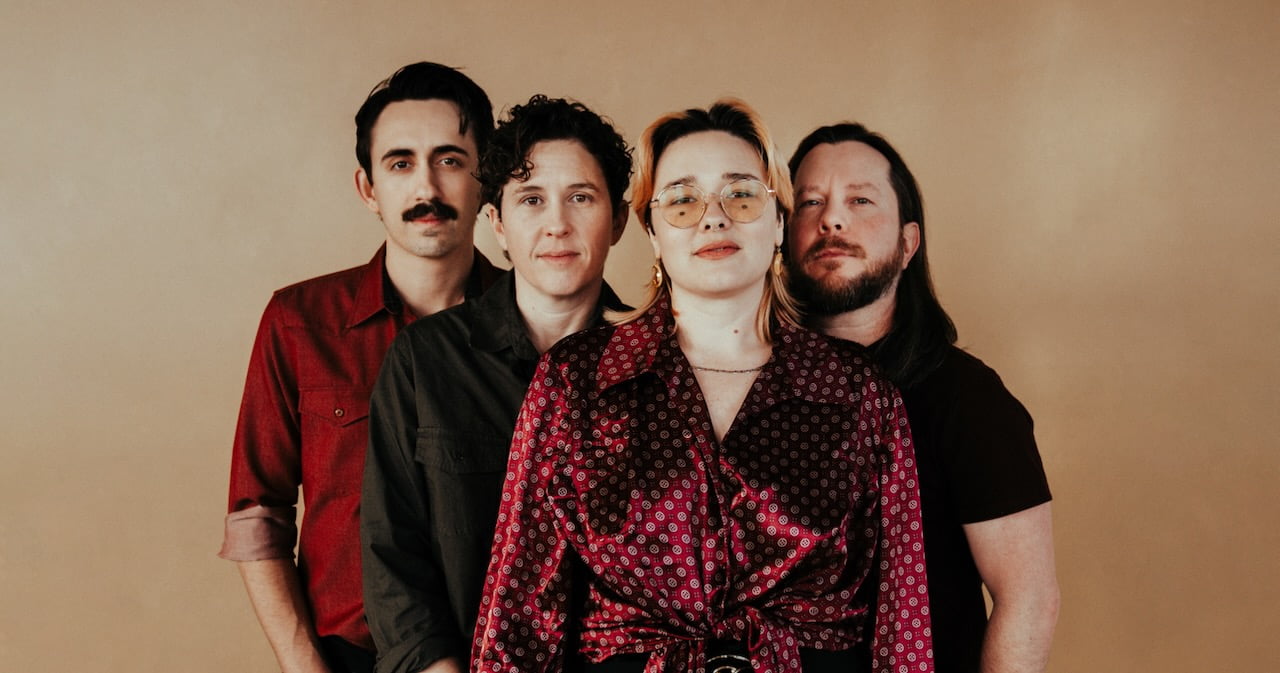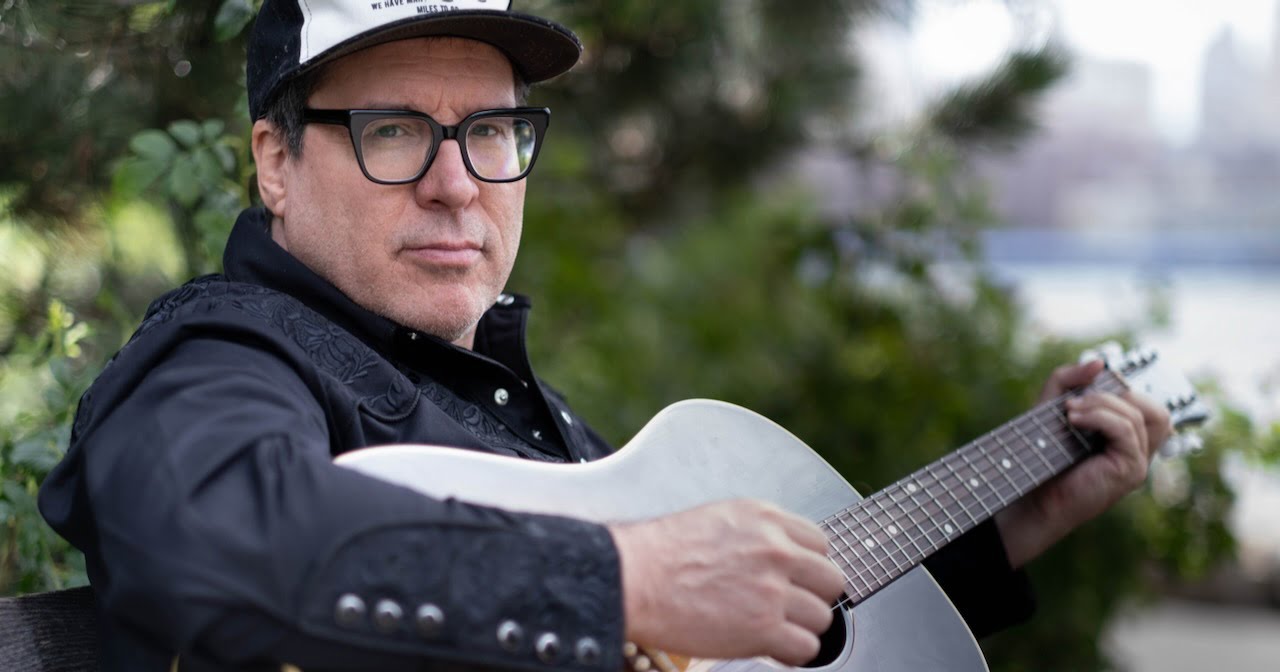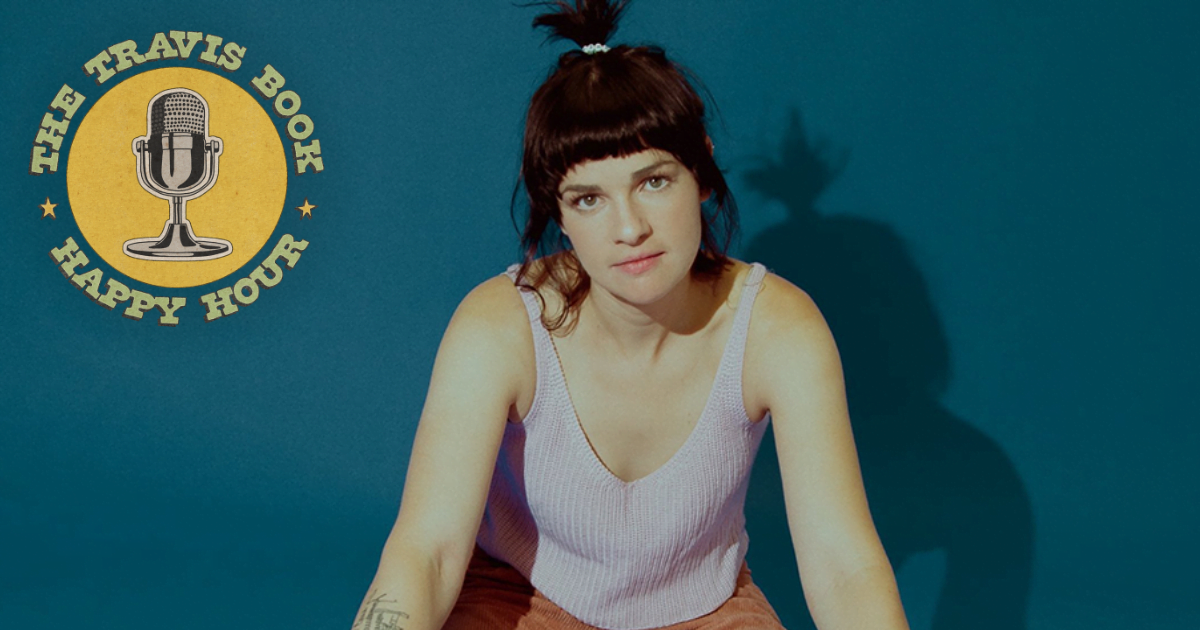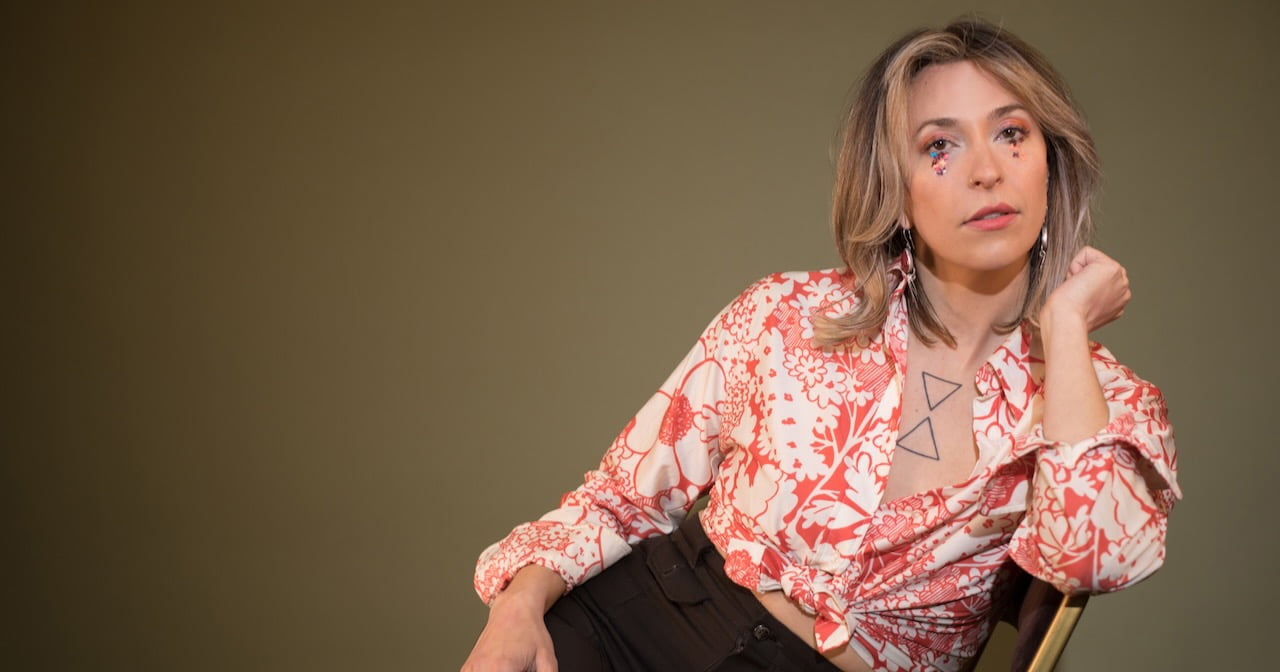There was a time when “Western” influence was a pillar of what we knew as country music. Now, the genre’s center of thematic gravity has shifted to the Southeast, and with that shift the Western influence has waned – but artists like Colby Acuff still uphold this mantle.
The thing is, Acuff’s version of “Western” life may not be what you envision.
A native of Idaho, Acuff is more at home in the craggy hills, tall pines and high-mountain streams than out on the open plain. The trails he sings of are often logging roads, and the dust on his clothes comes from mining operations. But the mystique of the Western U.S. is still just as intoxicating, especially to a back-east audience.
For years Acuff balanced regional tours with a side gig as a fly-fishing guide, but these days, the bait he’s throwing is old-school country and what he’s catching is some nationwide, early-career momentum. One of the few major label Nashville artists with a traditional sound and style, this year has seen Acuff release his debut album (Western White Pines), make his Grand Ole Opry debut, and tour with fellow breakout artists like Charles Wesley Godwin – paying his van-life dues along the way.
In mid-September, Acuff added six more tracks to the album with a deluxe edition release – every bit as rootsy and Western as the initial project – and next year he’ll hit 13 stadiums with superstar Luke Combs. While he was in Nashville for this year’s AmericanaFest, BGS caught up with Acuff about his growing platform and why he’s all about a view of the American West most people have never seen.
How are things going on the road? Your world looks pretty exhausting at the moment, but also a lot of fun – and I dig the gas station food reviews. What do you think you’ll remember most from this season of paying dues?
Colby Acuff: Well, hopefully all of it. I mean, I think it’s kind of like anything else – the things that stick with you are either the really good things or the really bad things, and fortunately, we haven’t had any really bad things. I think I’ll just remember the good times. Driving almost 65,000 miles this year in a van with six or seven guys? What’s not to remember? [Laughs]
We’ve been really, really fortunate to where every year it just seems like it’s getting a little bit bigger. For me just being a kid from Idaho, I don’t know if I ever saw it getting out beyond the county line, so I’m very happy and very pleased.
You made your Grand Ole Opry debut this summer. What was that experience like?
That was surreal. It’s still crazy to me that I got to do it. I’ve always said I’m typically the last person who you’d invite to anything. I mean, we don’t get invited to too many things – we just keep doing our own thing, and that’s great. But it means anytime we do get invited to something like that, I’m always pretty shocked. To have the first one out of the gate be the Opry, who not just included us but also include us with such kind words and open arms, it was an amazing experience.
It is interesting they were one of the first institutions to recognize you – but then again, it makes sense. You have a style very rooted in traditional country and Western sounds – even some bluegrass. That kind of clashes with the modern scene, right?
Everything we’ve done has a ton of grassroots, a ton of bluegrass influence in it, but it is really country/country folk. Our biggest thing is we haven’t really ever been defined – and I don’t know if anybody actually really knows where to put us! My whole goal is to make music that’s different and that’s good, music that means something, and we’ve found fans in that. I wouldn’t tell anybody that we’re a bluegrass band by any means, but I would say that if you’re a fan of bluegrass, there’s definitely stuff in our catalog you will enjoy.
The new deluxe version of the album has six new songs, for a total of 16. You’re singing about nature and Western life, but also chasing dreams – and even what happens when you catch the dream. Where did these new songs come from?
I think this whole record is Western music, and a lot of times people think that’s cowboys and that kind of situation. But I’m not a cowboy. I am from the West. I grew up in a very Western household from Idaho. But I’m from a mountain town, not from the plains. There’s cattle and stuff where I’m from, but it’s mostly loggers and lumber and paper mills and mining, and it’s a totally different side of the West that I don’t think a lot of people realize is up there. I mean, the neck of the woods I’m from is very similar to Kentucky, just more pine trees. It’s big on fly fishing and a lot of rivers, big lakes and big trees. And that’s a side of the West I want to represent, so I tried to basically form an entire record around it. This is potentially unknown to many people, but this is where I’m from.
“Movin’” is such a feel-good, timeless country track – where did that track come from?
My favorite part about “Movin’” is definitely the fact that it’s super easy on the ears, and at face value, it doesn’t seem as deep. But really the song is super deep to me because it’s about everybody who has decided to chase the dream with me. It’s a lot to ask somebody, to chase a dream with you. And not only myself and my girlfriend, but my whole band and their families have all moved to Nashville to do that. Don’t let the rear view make you sad. We’ll get there, we’ll figure it out. That whole thing is based around the fact that we’re all going and we’re looking forward, not backwards.
Speaking of dreams, tell me about “Livin’ Too Close to the Dream.” What’s this one about?
When we started out, before I even moved to Nashville, I’d go out to the local bar or whatever in Idaho with my friends and I’d run into people who’d be like, “Man, you’re really doing it. Congratulations, blah, blah.” They’d be like, “You must be out there living the dream.” And I’d be like “Wellll, I’m really close.” And then it turned into a joke where when you’re living too close to the dream. You’re living in limbo, you’re trying to climb up the mountaintop, but the road conditions are shitty. … We’re living too close to the dream now. [Laughs]
You’ll be touring with Luke Combs and doing some stadiums next year. That’s got some living the dream potential, right?
Oh God. I mean, I can’t thank Luke enough. I just couldn’t believe we got the phone call. There’s not a bad time to go play 13 stadium shows.
Are you guys going to work up a special stadium sized set, or how does that work for a roots band?
We will go out there and wave our flag. We’ll do our thing. Every single stage that you play, you got to earn that stage. I don’t care what it is. If it’s a sold out a stadium or some empty bar, you don’t walk on stage owning that stage. You got to put that set in to earn it and they got to give it to you. So we’ll do that just like we do every night.
Are you still getting time to fish?
Not as much, obviously. I mean, shit, my quota used to be 120 days on the river. Now I might get 15 or 20. We did a run with Charles Wesley Godwin, and he was kind enough to set up a fly fishing trip, and to invite me. We went out in Wyoming and caught a ton of fish, which is super nice. I’m fitting it in when I can.
A lot of cool stuff has happened to you this past year, but there’s still lots of people getting to hear you for the first time. What do you hope they take away from Western White Pines (Deluxe)?
I just hope they like the music, really. I hope it does something for ’em. I think for me personally, I never got into this because I wanted to be famous. I got into this because I wanted to make music that truly helps people. So I hope that they like it.
Photo Credit: Matthew Berinato
